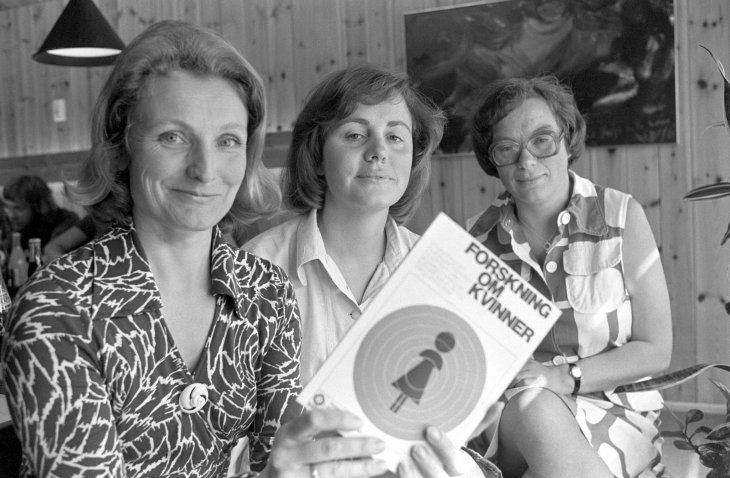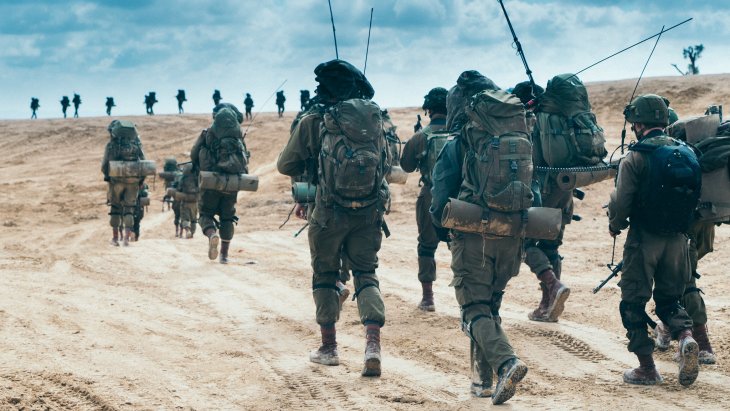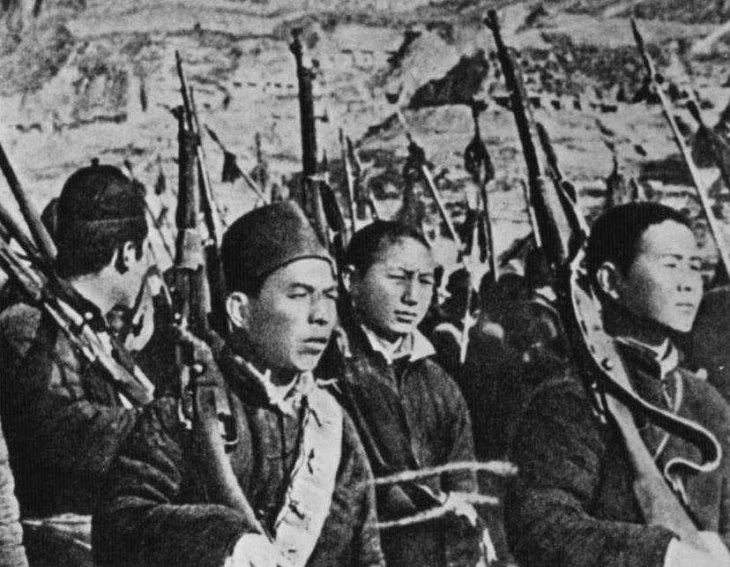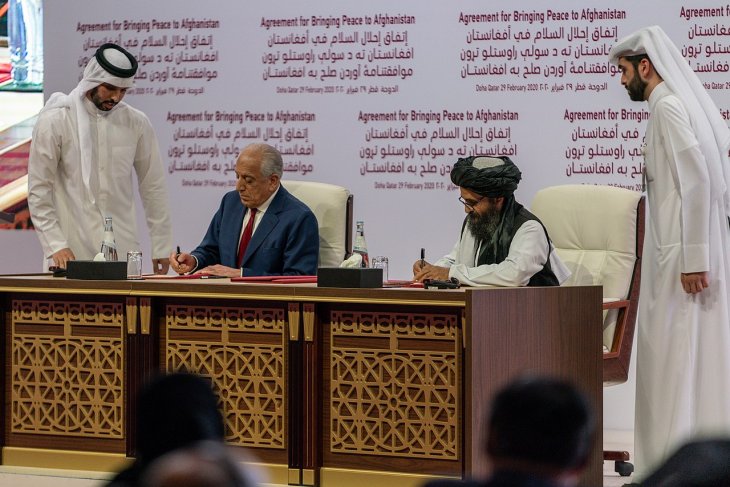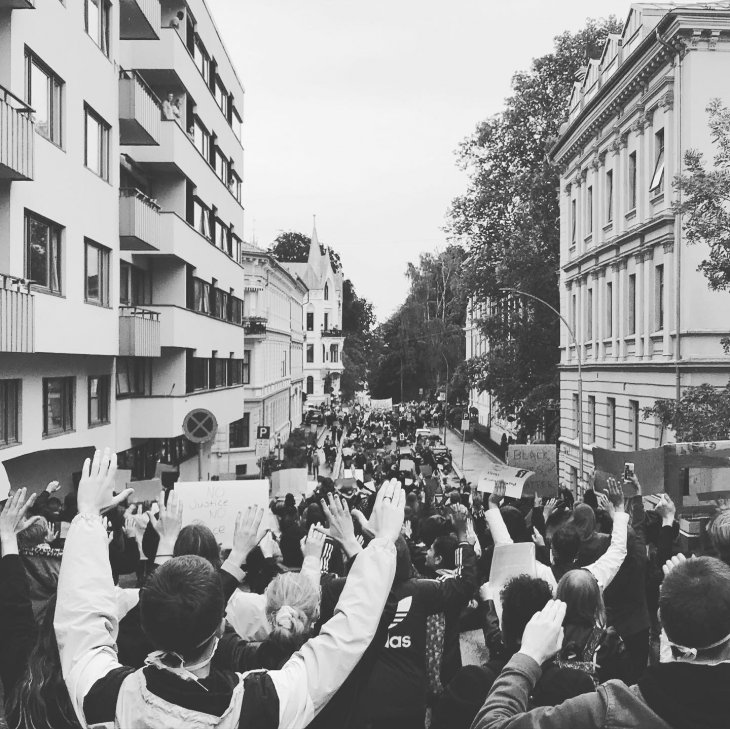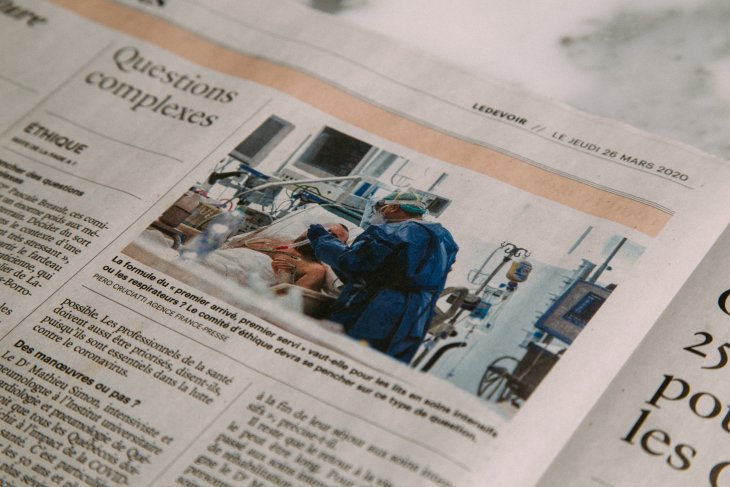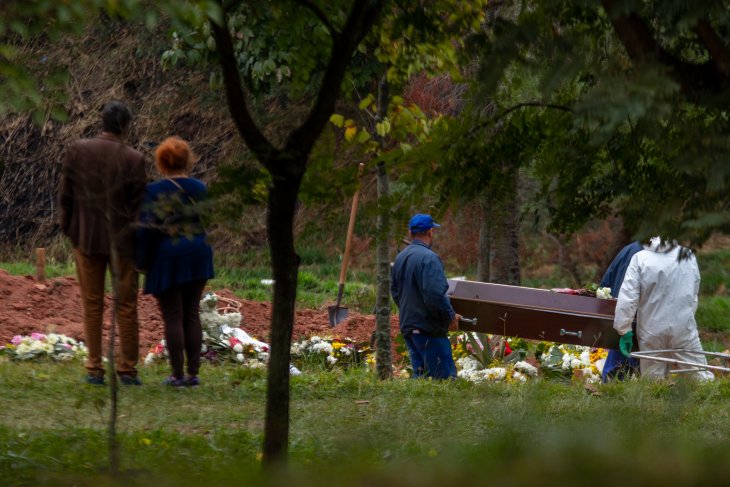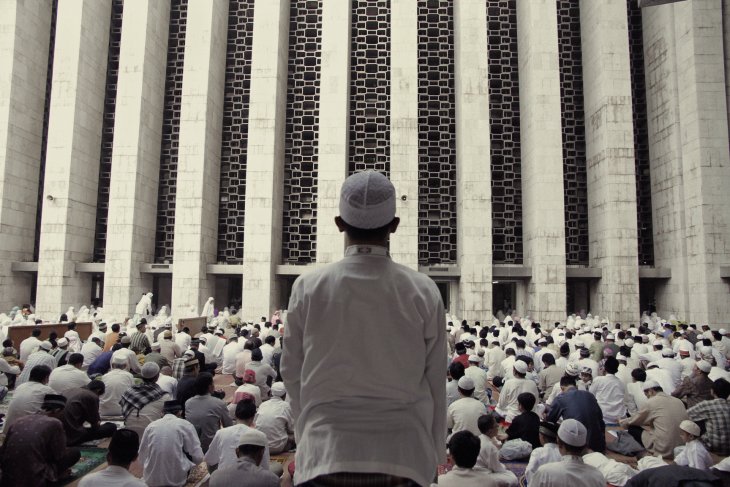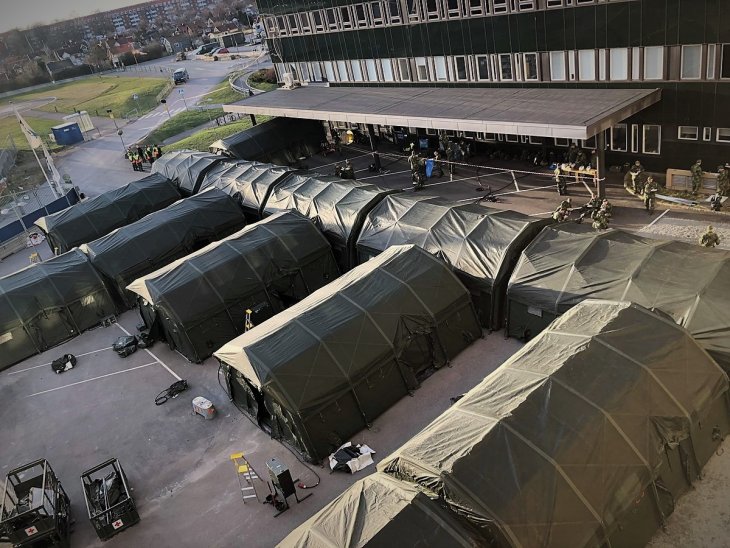Protests in the United States, and around the world, have drawn attention to state-sponsored violence against black people in particular and people of color in general. As Black Lives Matter protests continue, the names of the many people, whose deaths sparked this collective outrage, ring out. Social media posts tag the names of George Floyd, Breonna Taylor, Tony McDade, and Ahmaud Arbery, among many others – individuals killed by state, and non-state, actors.
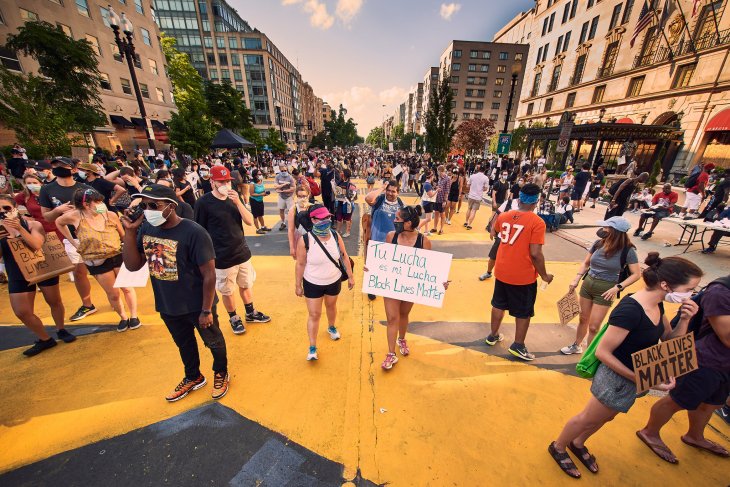
A Black Lives Matter protest in Washington, D.C. in June 2020. Photo: Geoff Livingston via Flickr CC BY
While important to identify these specific people, it is also important to note that the current protests are bigger than these individuals. The death of George Floyd at the hands of Minneapolis, Minnesota police has been seen as a catalyst for an unprecedented discussion of policing, reforming police, and defunding police in the United States. It is also, however, one of many instances of hesitation and indecision in the pursuit of justice for black people. These protests can be seen as a result of repressive state action – a vicious cycle of police use of force against citizens – but, they can also be understood as the result of what action has not been taken.
